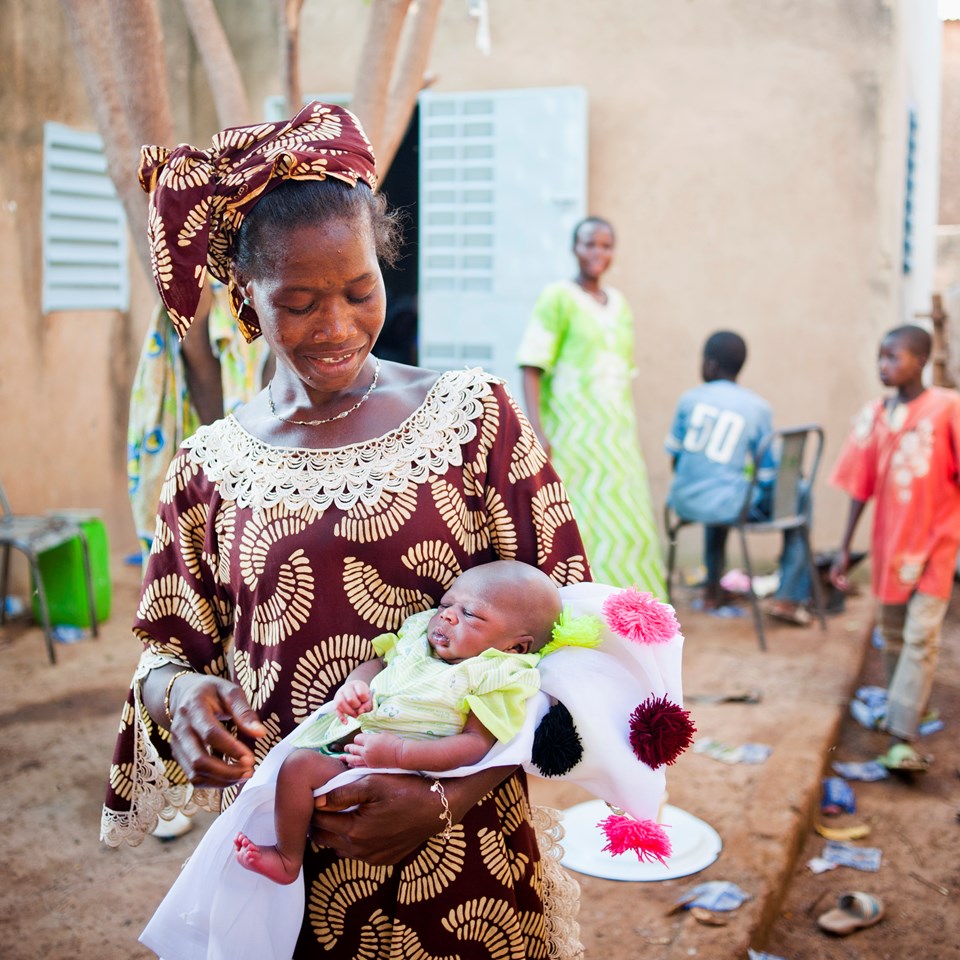Improving access to maternity care in developing countries
Of the thousands of maternal deaths worldwide each year, 99% occur in the developing world. This shocking marker of global inequality puts improving maternal health and reducing maternal mortality high on global policy agendas. Research into social, economic and structural barriers to maternity care carried out at King’s College London, has led to improvements in the delivery and design of maternal care worldwide.

In Tanzania, King’s researchers disseminated their findings directly with district medical and nursing officers, and influenced a change in national policy aimed at reducing the cost of midwives setting up maternity homes, thereby supporting independent midwifery practice in poor communities. Their research into emergency maternal referral systems also informed the main UN Millennium Task Force report on transforming health systems for women and children, which has informed the design of maternal referral systems in Ghana, Bangladesh, Armenia and Ethiopia.
The lead researcher at King’s co-authored a review of global evidence to underpin advice to the UK and Norwegian governments on the best strategies to achieve the UN Millennium Development Goal on maternal health. The review has been widely disseminated and has guided UK Government policy on maternity care, family planning and safe abortion.
-
Hamir Patel
hamir.patel@russellgroup.ac.uk
020 3816 1316
-
Stephanie Smith
020 3816 1310
 X
X
